The Art of Bonding: A Comprehensive Guide to Jewelry and Metal Glue
Related Articles: The Art of Bonding: A Comprehensive Guide to Jewelry and Metal Glue
Introduction
With great pleasure, we will explore the intriguing topic related to The Art of Bonding: A Comprehensive Guide to Jewelry and Metal Glue. Let’s weave interesting information and offer fresh perspectives to the readers.
Table of Content
The Art of Bonding: A Comprehensive Guide to Jewelry and Metal Glue
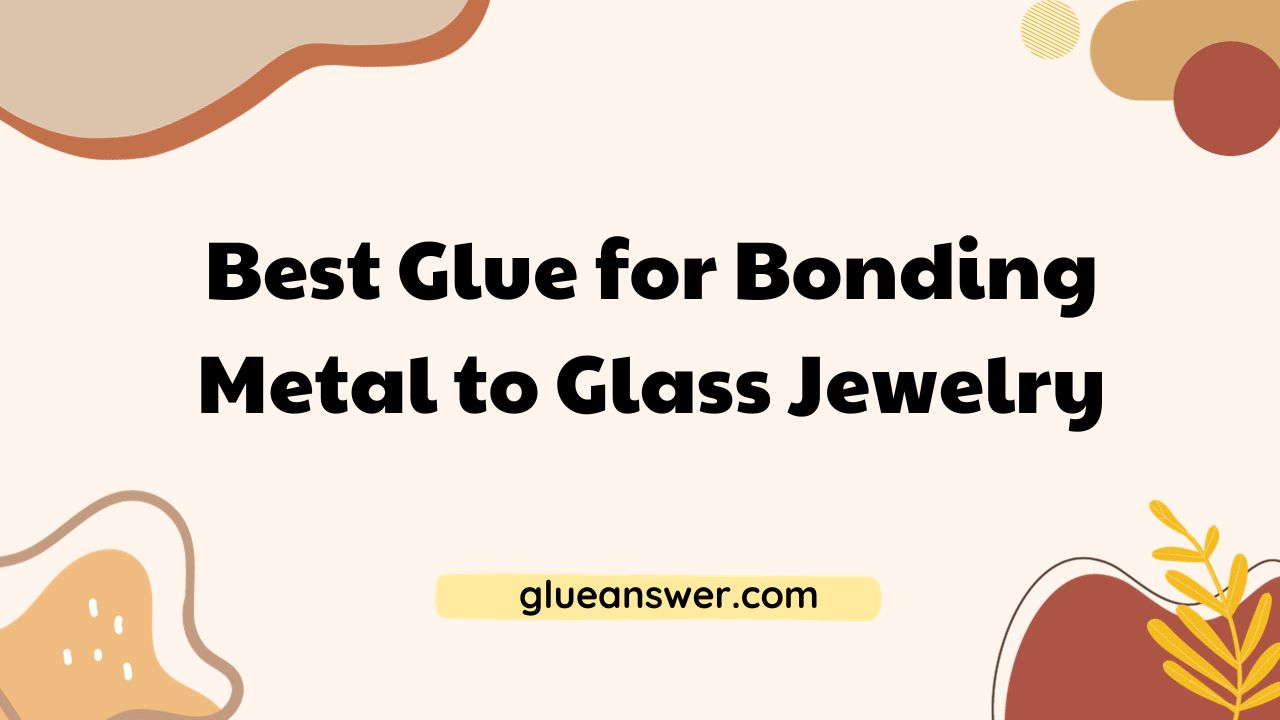
Jewelry making is a delicate art, requiring meticulous attention to detail and a range of specialized tools and materials. Among these materials, metal glue stands out as a versatile and indispensable tool for jewelers and hobbyists alike. This adhesive, specifically designed for bonding metal components, offers a reliable solution for creating intricate designs, repairing damaged pieces, and adding decorative accents to jewelry.
Understanding the Nature of Jewelry and Metal Glue
Metal glue, also known as jewelry adhesive or metal bonding adhesive, is a specialized type of adhesive formulated for bonding metal surfaces. Unlike traditional glues, these adhesives are specifically designed to withstand the unique demands of jewelry making, including:
- High Strength: Metal glues must possess exceptional bonding strength to securely hold metal components together, even under stress and wear.
- Durability: Jewelry is often subjected to daily wear and tear, requiring adhesives that can withstand prolonged exposure to moisture, temperature fluctuations, and physical impact.
- Chemical Resistance: Metal glues must be resistant to a range of chemicals, including perfumes, lotions, and cleaning agents, which can potentially damage or degrade the adhesive bond.
- Transparency: Many metal glues are formulated to be transparent or translucent, allowing for seamless integration with the jewelry piece without compromising its aesthetic appeal.
Types of Metal Glue and Their Applications
Metal glues come in various forms, each designed for specific applications and offering unique properties:
- Epoxy-Based Metal Glue: This type of glue is known for its strong bonding strength, durability, and versatility. It is often used for bonding metals such as silver, gold, copper, and brass, as well as for repairing broken jewelry pieces.
- Cyanoacrylate (Super Glue) Metal Glue: This glue offers rapid bonding time and high initial strength, making it ideal for quick repairs and attaching small metal components. However, it may not be as durable as epoxy-based glues.
- UV-Curing Metal Glue: This type of glue requires exposure to ultraviolet light to cure, offering precise control over the bonding process. It is often used in jewelry making where precise placement of components is crucial.
- Two-Part Metal Glue: This glue system consists of two separate components that are mixed together before application. This allows for a longer working time and greater control over the bonding process.
Benefits of Using Metal Glue in Jewelry Making
Metal glue offers numerous benefits to jewelers, hobbyists, and anyone working with metal components:
- Strong and Durable Bonds: Metal glues provide secure and long-lasting bonds, ensuring that jewelry pieces remain intact even with regular wear.
- Versatility: Metal glues can be used to bond a wide range of metals, including precious metals, base metals, and alloys.
- Ease of Use: Many metal glues are easy to apply and require minimal preparation, making them accessible to both experienced jewelers and beginners.
- Precision: Some metal glues, like UV-curing adhesives, offer precise control over the bonding process, allowing for intricate and delicate designs.
- Cost-Effectiveness: Metal glues can be a more cost-effective alternative to traditional soldering techniques, especially for smaller repairs and projects.
Tips for Successful Metal Glue Application
To ensure optimal results when using metal glue, it is crucial to follow these guidelines:
- Prepare the Surfaces: Clean and degrease the metal surfaces to be bonded using a suitable cleaning agent. This removes any contaminants that may interfere with the adhesive bond.
- Apply Thin Layers: Apply a thin, even layer of glue to both surfaces to be bonded. Avoid using excessive amounts of glue, as this can create a weak bond or cause the glue to ooze out.
- Clamp or Secure: Once the glue is applied, firmly clamp or secure the components together. This ensures proper contact and allows the glue to cure evenly.
- Cure Time: Allow the glue to cure completely according to the manufacturer’s instructions. This ensures that the bond reaches its full strength and durability.
- Test for Strength: After the glue has cured, test the bond strength by gently pulling or twisting the components. If the bond is secure, the glue has cured properly.
FAQs about Jewelry and Metal Glue
1. What is the best type of metal glue for jewelry making?
The best type of metal glue depends on the specific application and desired properties. Epoxy-based glues offer excellent strength and durability, while cyanoacrylate glues provide rapid bonding. UV-curing glues offer precise control and are ideal for intricate designs.
2. Is metal glue safe for jewelry?
Most metal glues are safe for use on jewelry, provided they are applied correctly and cured properly. However, it is essential to choose a glue that is specifically designed for jewelry and to follow the manufacturer’s instructions carefully.
3. How long does metal glue take to cure?
The cure time for metal glue varies depending on the type of glue and the environmental conditions. Some glues cure within minutes, while others may require several hours or even days.
4. Can I use metal glue to repair broken jewelry?
Metal glue can be used to repair broken jewelry, but it is essential to ensure that the glue is compatible with the metals being bonded. It is also important to consider the structural integrity of the repair and whether the glue can withstand the stresses of daily wear.
5. Can I use metal glue to attach metal components to other materials?
Metal glues can be used to bond metal components to other materials, such as glass, plastic, or wood. However, it is crucial to ensure that the glue is compatible with both materials and to test the bond strength before using the piece for its intended purpose.
Conclusion
Metal glue plays a vital role in the jewelry making process, offering a reliable and versatile solution for bonding metal components. By understanding the various types of metal glue, their applications, and proper application techniques, jewelers and hobbyists can leverage this adhesive to create beautiful and durable jewelry pieces. From repairing broken pieces to adding decorative accents, metal glue empowers creativity and enhances the possibilities of jewelry making.

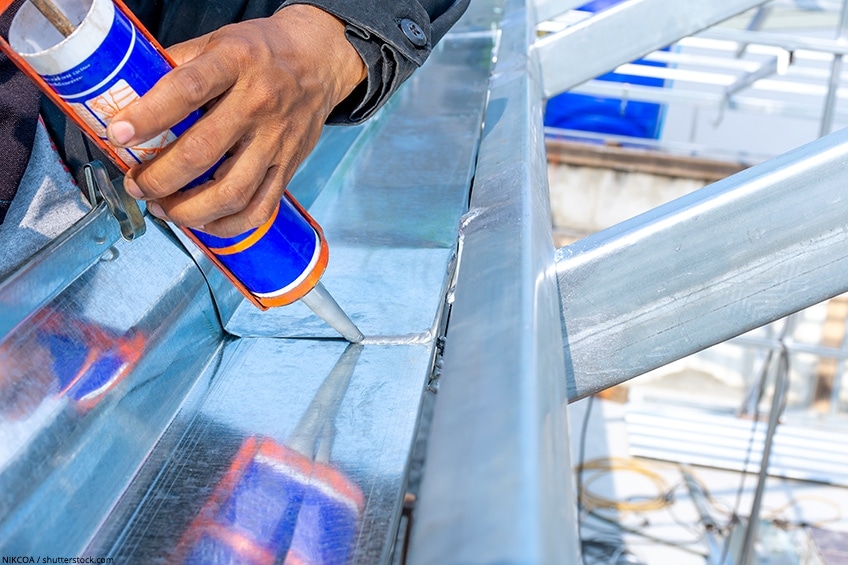
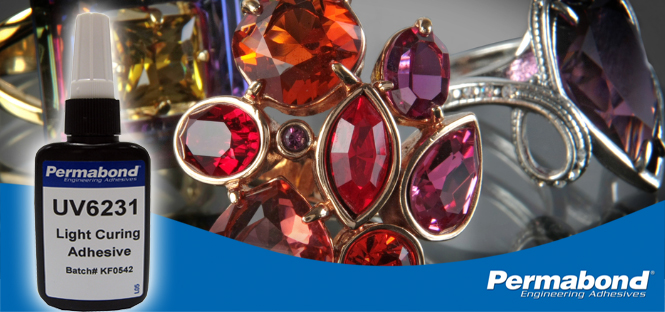
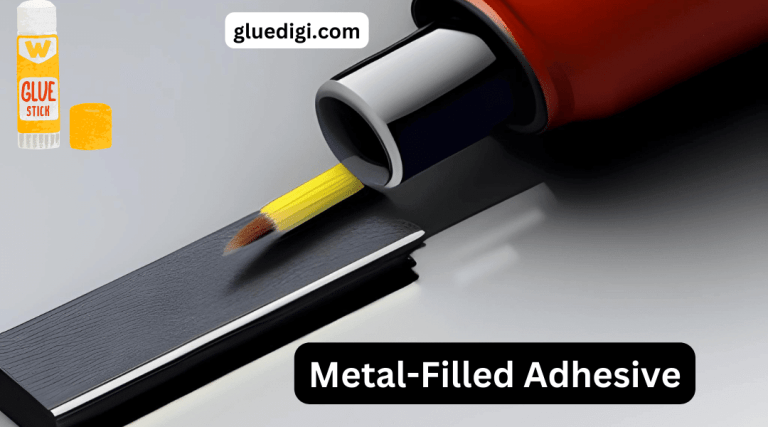


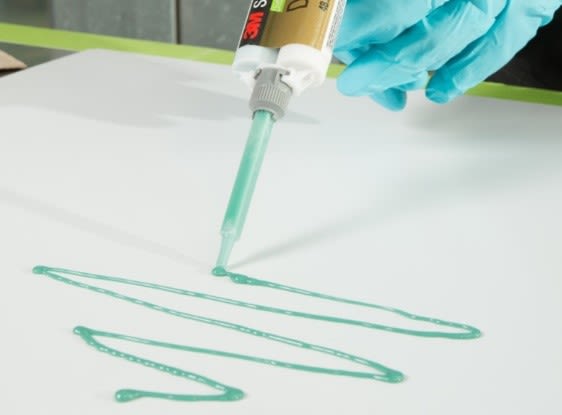

Closure
Thus, we hope this article has provided valuable insights into The Art of Bonding: A Comprehensive Guide to Jewelry and Metal Glue. We thank you for taking the time to read this article. See you in our next article!